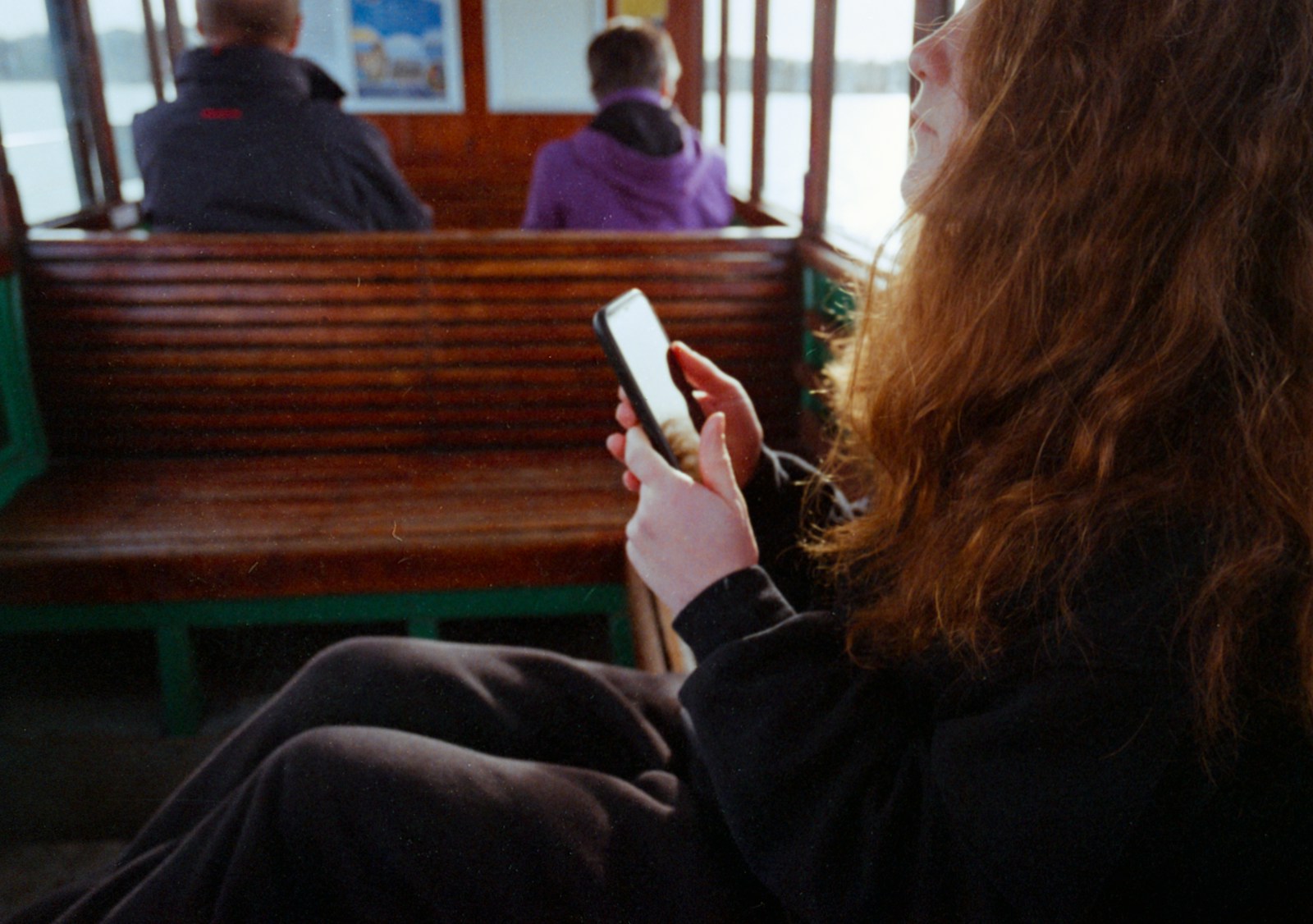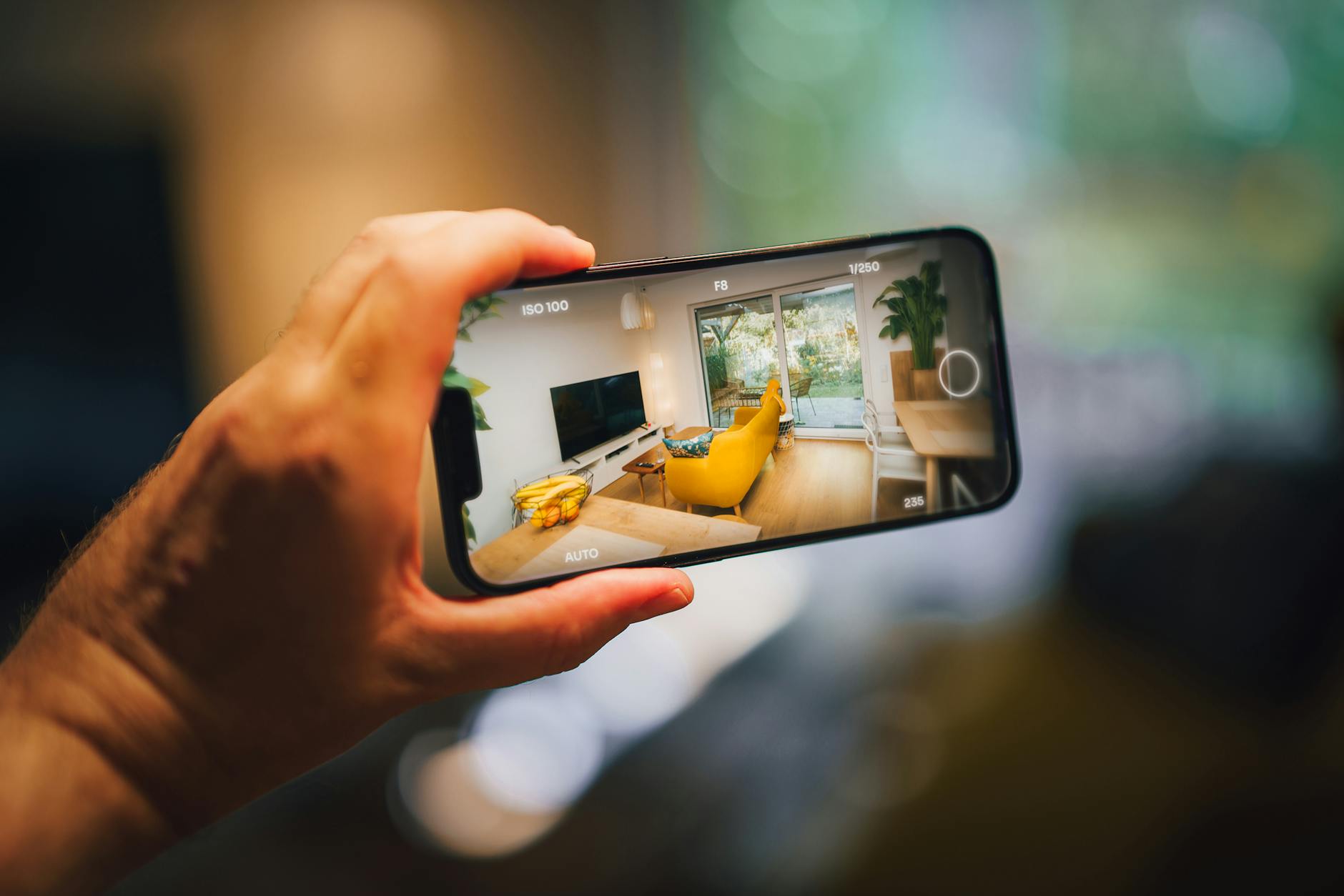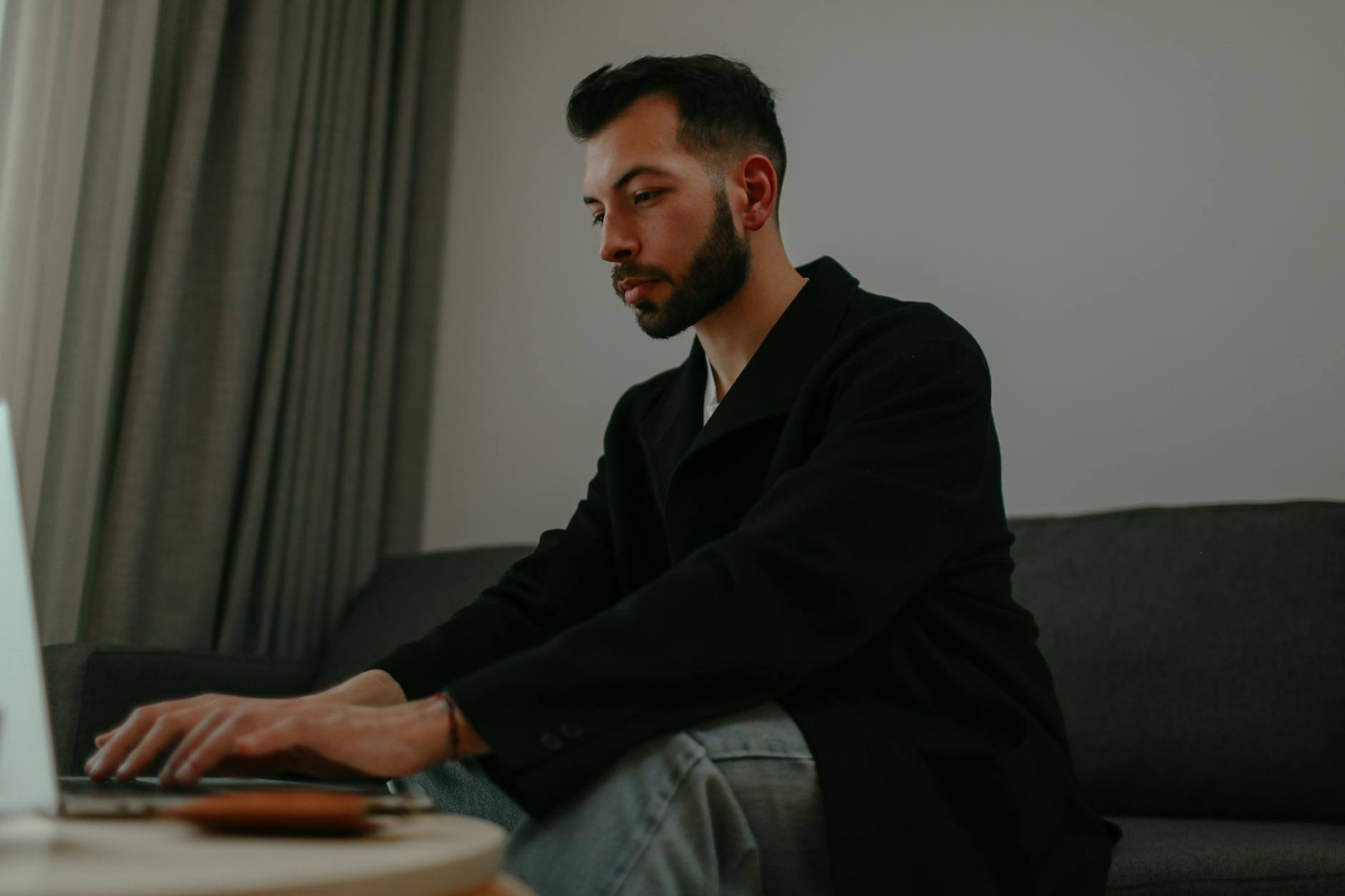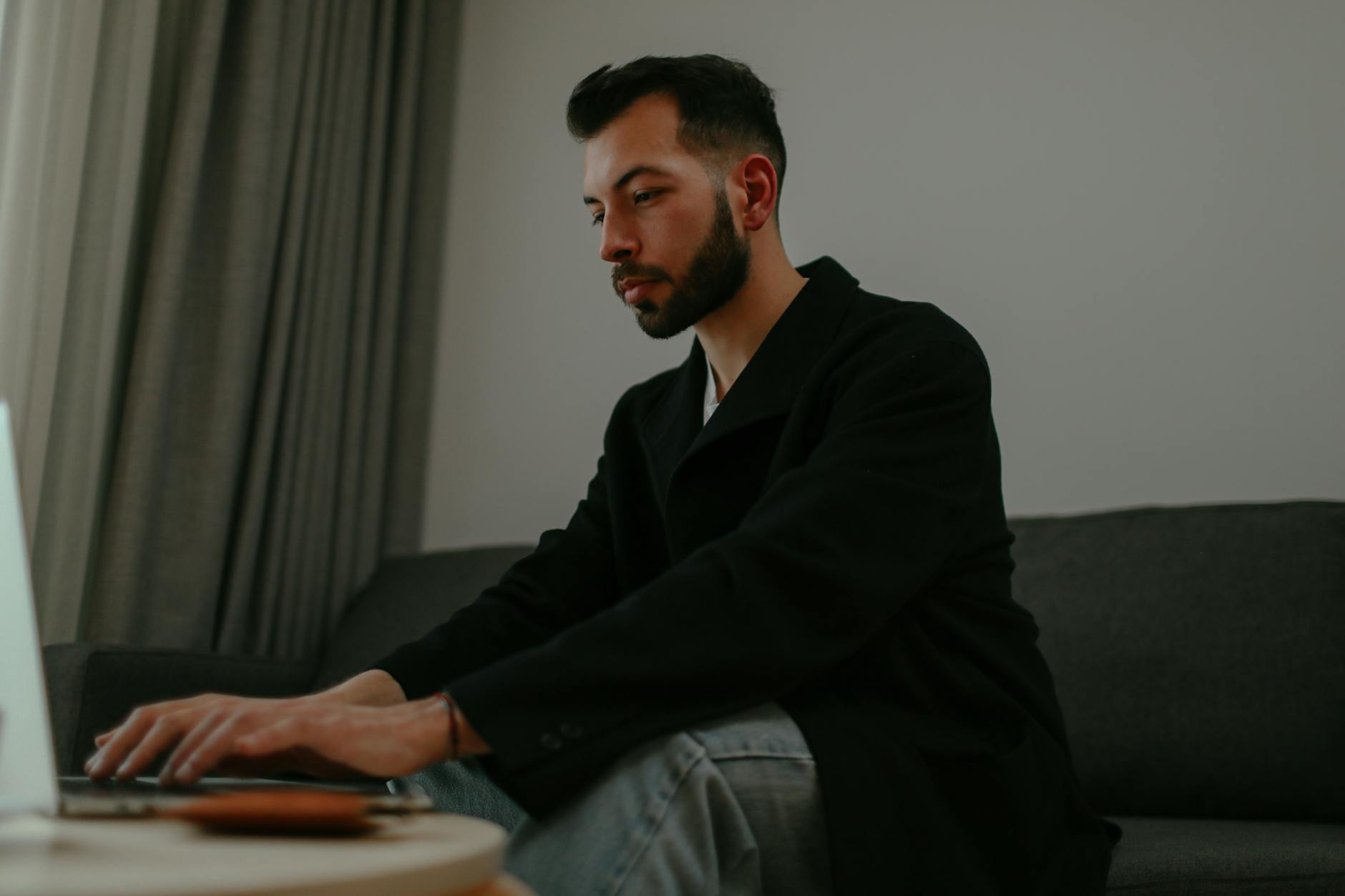The Roundtable: Has Social Media Ruined Travel?

Editor's Note: Welcome to our monthly roundtable discussion. Each month, our five student editors will come together to debate a major issue shaping our world. This transcript has been lightly edited for length and clarity.
Saerom Kim: It's the middle of the summer travel season, so I wanted to talk about something I've been thinking about a lot: the way social media has completely transformed the experience of travel. A generation ago, you'd go on a trip and maybe show your friends a photo album when you got back. Now, travel seems to be all about documenting and performing the experience in real-time for an online audience. It feels like every beautiful place in the world is now just a backdrop for an Instagram post. My question is: has social media made travel better, or has it ruined it?
Yehee Jung: From a systems and environmental perspective, it has created some massive problems. I'm thinking of the phenomenon of "over-tourism." A single, beautiful photo of a previously unknown beach or a small village can go viral on Instagram, and within a year, that place is completely overwhelmed by tourists trying to replicate the exact same photo. We're seeing this in places all over the world, from the tulip fields in the Netherlands to the quiet streets of Kyoto. The delicate local ecosystem and the social fabric of the community just can't handle that kind of concentrated, social-media-driven tourism.
Anthony Min: But you can't deny the economic impact. For many of these communities, that influx of tourists is a huge economic boom. Social media has become the most powerful marketing tool in the history of the travel industry. It has allowed smaller destinations that could never afford a traditional advertising campaign to compete on a global stage. A single viral TikTok video can be worth millions of dollars in tourism revenue. It's a democratizing force, in a way.
Saerom Kim: I see that, but I worry it creates a very shallow form of travel. It encourages a kind of "checklist tourism," where the goal is not to have an authentic experience of a place, but to collect a series of photos from a list of pre-approved "Instagrammable" spots. You see people waiting in line for 30 minutes to get the perfect shot, and then they leave five minutes later without ever really looking around. It feels like the documentation of the experience has become more important than the experience itself.
Yonghyuk Choi: It’s the gamification of travel. You're trying to win the game of social media by getting the most impressive photos and the most likes. It's like in sports when a player becomes more focused on their personal statistics than on helping the team win. It's a focus on the performance rather than the purpose of the activity.
Minwoo Jung: I think there's a geopolitical angle here as well. Social media has created a very specific, often Western-centric, visual language of what constitutes a "desirable" travel experience. It tends to promote a very curated and often sanitized version of other cultures. It can create unrealistic expectations and sometimes reinforces stereotypes. At the same time, it has also given people from less-visited countries the power to showcase the beauty of their own homes to a global audience, bypassing the traditional gatekeepers of the Western travel media. Like most technologies, it's a double-edged sword.
Yehee Jung: Ultimately, it feels like an issue of mindfulness. Social media is not inherently good or bad, but its business model is designed to encourage a certain kind of performative, outward-facing behavior. The challenge for us as travelers is to use these tools without letting them use us, to find a way to appreciate the moment we're in without constantly thinking about how we're going to frame it for our followers.
Final Thoughts
Yonghyuk Choi: Social media has turned travel into a competitive sport for the best photo, and I'm not sure anyone is winning.
Anthony Min: It's the most powerful and cost-effective marketing engine the travel industry has ever known, a financial boom for anyone who can go viral.
Saerom Kim: My fear is that we are creating a generation of travelers who are experts at documenting their experiences but novices at actually having them.
Yehee Jung: The phenomenon of over-tourism is a perfect example of a system without a feedback loop, where a digital trend can have a devastating physical impact on a fragile environment.
Minwoo Jung: Social media has both flattened global culture into a series of predictable photo-ops and, paradoxically, given a voice to cultures that were previously invisible on the world stage.
What do you think? Has social media improved or degraded the experience of travel? Let us know your thoughts in the comments below.



